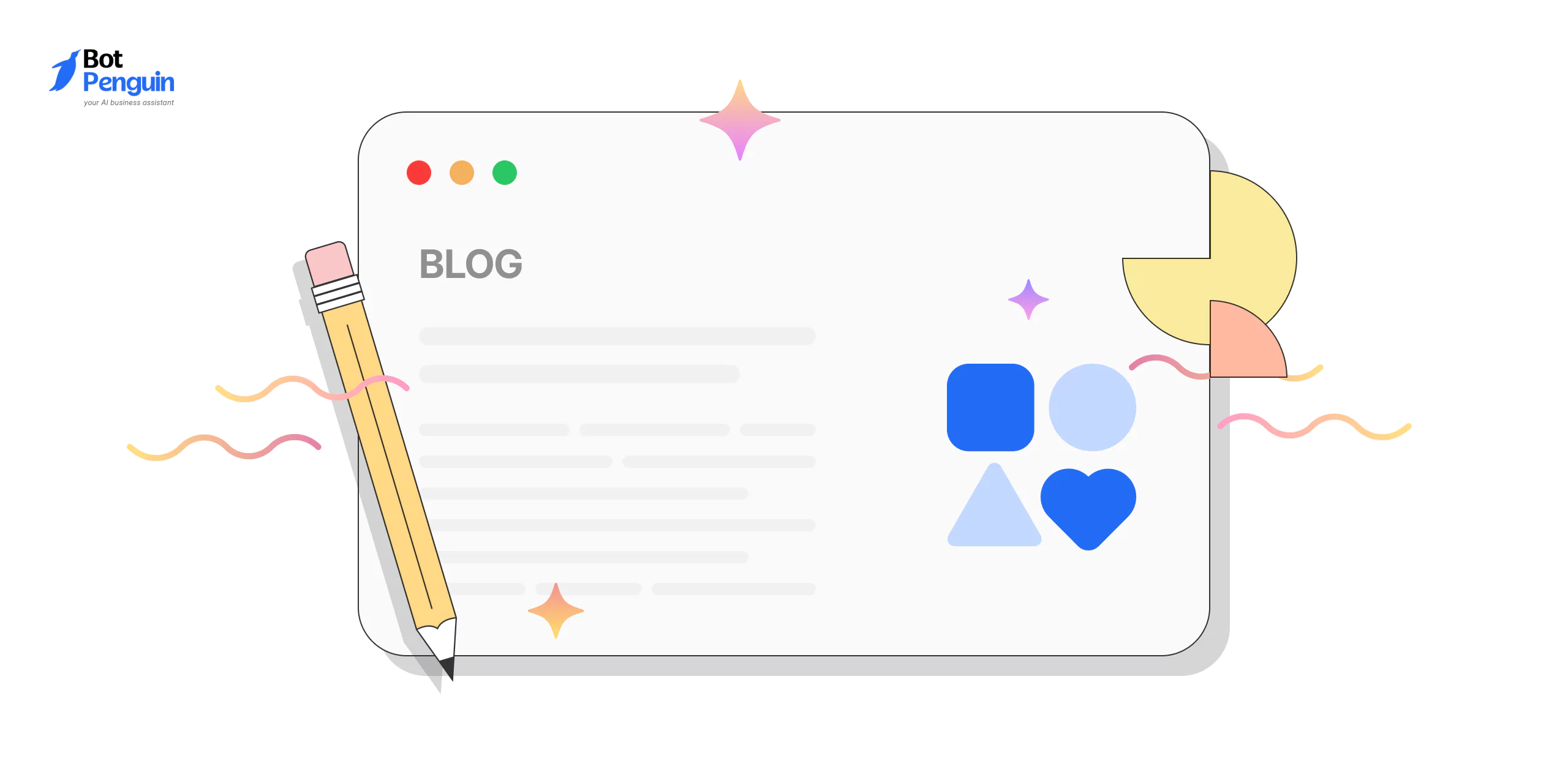What is Conversion?
Conversion occurs when a website visitor completes a desired action, such as making a purchase or signing up for a newsletter. It’s the primary goal for any business with an online presence.
Importance of Scraping for Conversion
Scraping helps you gather data on user behavior and competitor strategies. By analyzing this data, you can identify which elements are most effective in boosting your conversion rates. For example, tracking how users navigate your site can highlight areas for improvement.
Setting Conversion Goals
Setting clear conversion goals is essential for any successful online strategy. It guides your efforts and helps measure success.
Identify Conversion Goals
Your conversion goals should reflect the actions you want your visitors to take. These could be purchasing a product, signing up for a newsletter, or downloading a resource. Identifying these goals helps in creating a focused strategy.
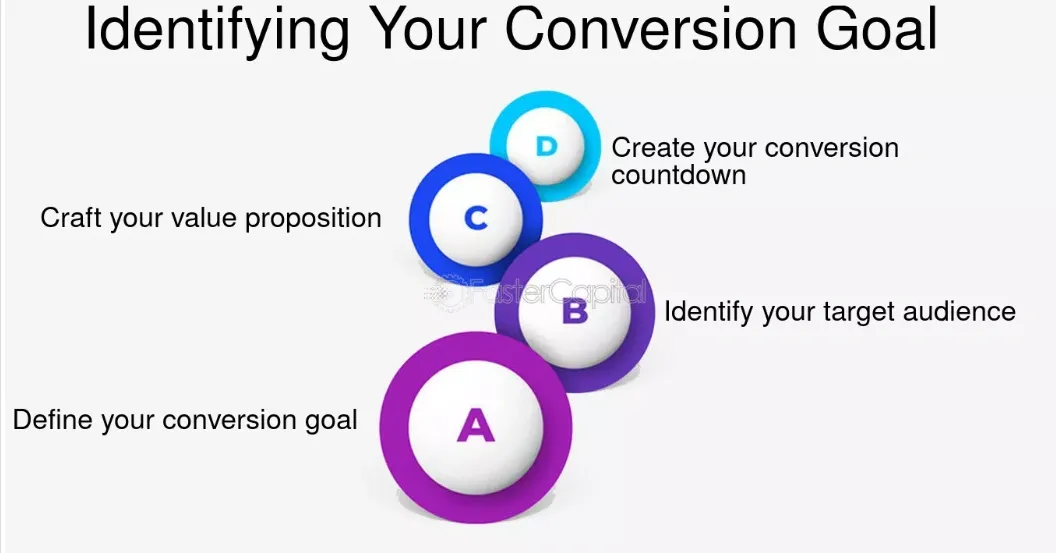
Align Goals with Objectives
Ensure your conversion goals align with your overall business objectives. If your goal is to increase sales, your conversion goal might be to boost the number of completed purchases. This alignment, including money conversion or currency conversion, ensures that every effort contributes to the broader objectives.
Set Measurable Targets
Setting measurable targets allows you to track progress and make necessary adjustments. Instead of a vague goal like "increase sales," aim for a specific target such as "increase sales by 20% in the next quarter." This specificity makes it easier to measure success and identify areas for improvement.
Analyzing Target Audience
In this section, you’ll find about analyzing the target audience.
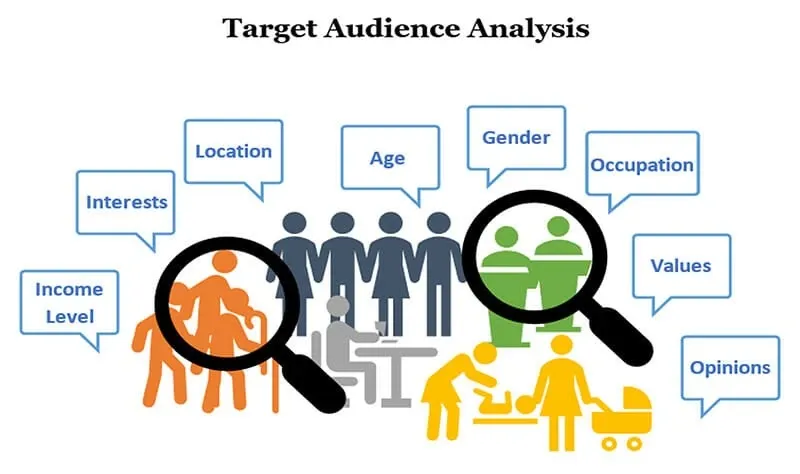
Know Your Audience
Understanding your audience is crucial for effective conversion calculator strategies. Knowing who your audience is helps tailor your content and offerings to their needs and preferences.
Conduct Market Research
Conducting market research provides insights into your audience's behaviors, preferences, and pain points. This data is invaluable for creating targeted marketing strategies that resonate with your audience. It also provides more information about the money conversion or currency conversion that is happening in the business.
Create Customer Personas
Creating customer personas helps visualize your ideal customers. These personas are detailed profiles that represent different segments of your audience, helping you tailor your messaging and approach to meet their specific needs and drive conversion.
Conversion Funnel
This section talks about the conversion funnel.
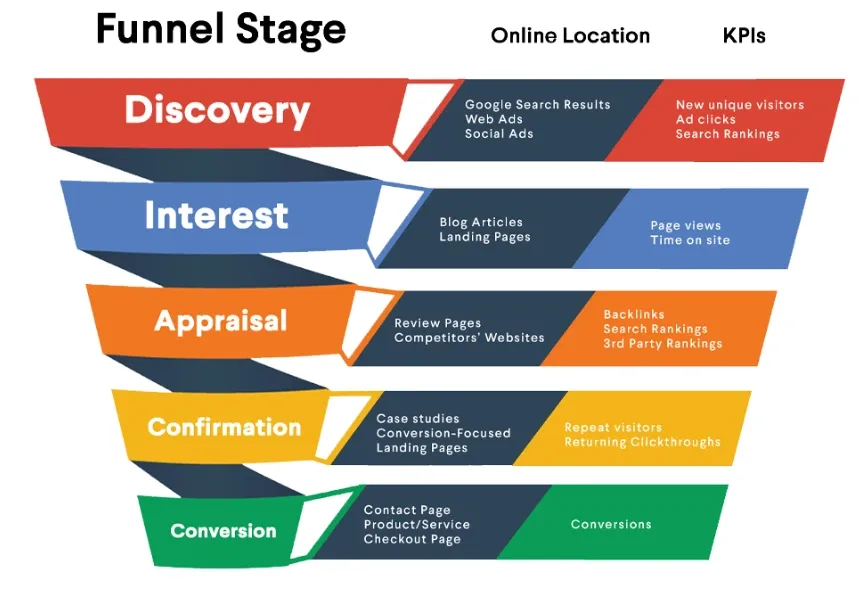
What is Conversion Funnel
A conversion funnel maps out the journey a visitor takes from first encountering your brand to completing a desired action. Defining this funnel helps in understanding where potential customers might drop off and where to focus your efforts.
Funnel Stages (Awareness, Interest, Desire, Action)
The conversion funnel typically includes four stages: Awareness (when a visitor first learns about your brand), Interest (when they begin to show interest in your products or services), Desire (when they develop a preference for your offering), and Action (when they complete the desired action).
Importance of Each Stage
Each stage of the conversion funnel is crucial. Awareness brings new visitors, Interest engages them, Desire builds a preference, and Action completes the conversion. To take one step forward, conversion further leads into money conversion or currency conversion. Understanding and optimizing each stage ensures a smooth journey for your visitors.
Optimizing Website for Conversion
Now, it’s time to optimize websites for conversion.
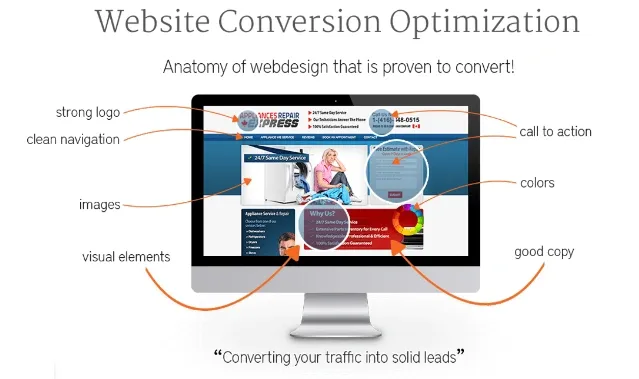
User-Friendly Design
A user-friendly design is essential for conversion. Ensure your website is easy to navigate, with a clean layout and intuitive structure. This reduces friction and encourages visitors to stay longer and complete desired actions.
Clear Call-to-Actions (CTAs)
Clear and compelling CTAs guide visitors towards conversion. Use action-oriented language and ensure CTAs stand out on the page. They should be easy to find and understand.
Mobile Optimization
With increasing mobile traffic, optimizing your website for mobile devices is critical. Ensure your site is responsive and provides a seamless experience across all devices. This includes fast loading times and easy navigation.
Fast Load Times
Fast load times are crucial for retaining visitors and improving conversion. A slow website can frustrate users and lead to higher bounce rates. Regularly check your site's performance and optimize as needed.
Content Strategy for Conversion
A solid content strategy is required for conversion to happen starting from the awareness stage to money conversion.
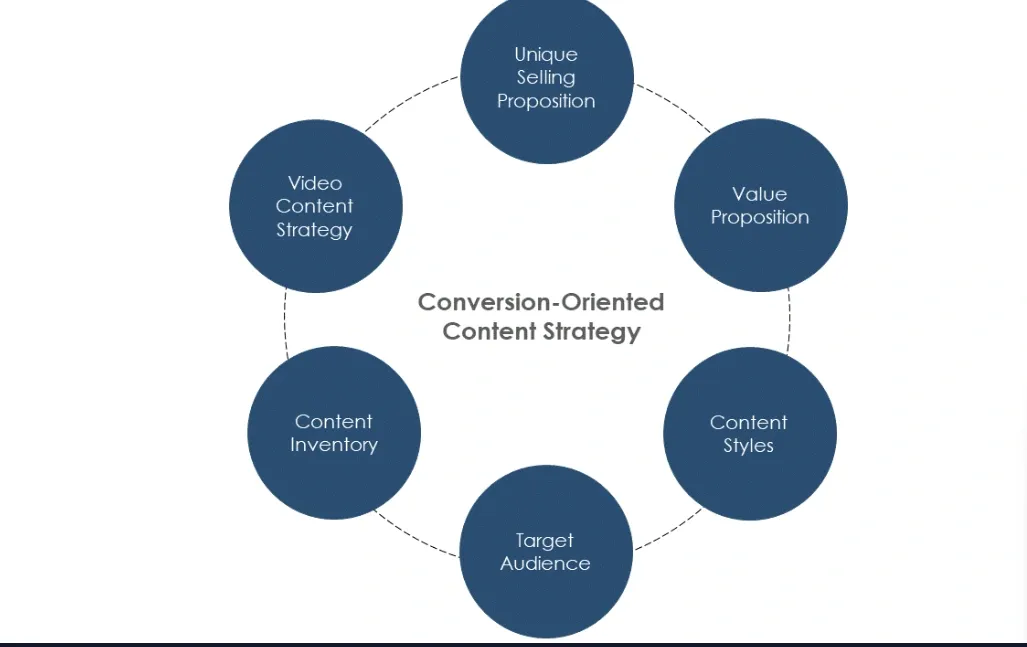
Engaging Content
Engaging content keeps visitors interested and encourages them to take action. Create valuable, relevant content that addresses your audience's needs and interests. This builds trust and drives currency conversion.
Effective Use of Visuals
Visuals enhance your content and make it more engaging. Use images, videos, and infographics to break up text and illustrate key points. This makes your content more appealing and easier to digest.
SEO Best Practices
Implementing SEO best practices ensures your content is discoverable. Use relevant keywords, optimize meta descriptions, and ensure your content is structured for search engines. This increases traffic and potential money conversion opportunities.
Frequently Asked Questions (FAQs)
How can I improve my website’s conversion rate?
Enhance your website’s conversion rate by optimizing user experience, using clear calls-to-action, improving page load speed, and conducting A/B testing for effective changes.
What are common conversion metrics to track?
Common conversion metrics include conversion rate, average order value, click-through rate, bounce rate, and the number of leads generated or sales completed.
How does A/B testing impact conversion rates?
A/B testing helps improve conversion rates by comparing different versions of a webpage or ad to see which one performs better and drives more user actions.
What role does user experience play in conversion?
User experience significantly impacts conversion by ensuring visitors find what they need easily, have a pleasant interaction with your site, and are more likely to complete desired actions.
How can I use data to boost conversions?
Use data to analyze user behavior, identify bottlenecks, test different strategies, and make data-driven decisions to optimize your site and increase conversion rates effectively.

